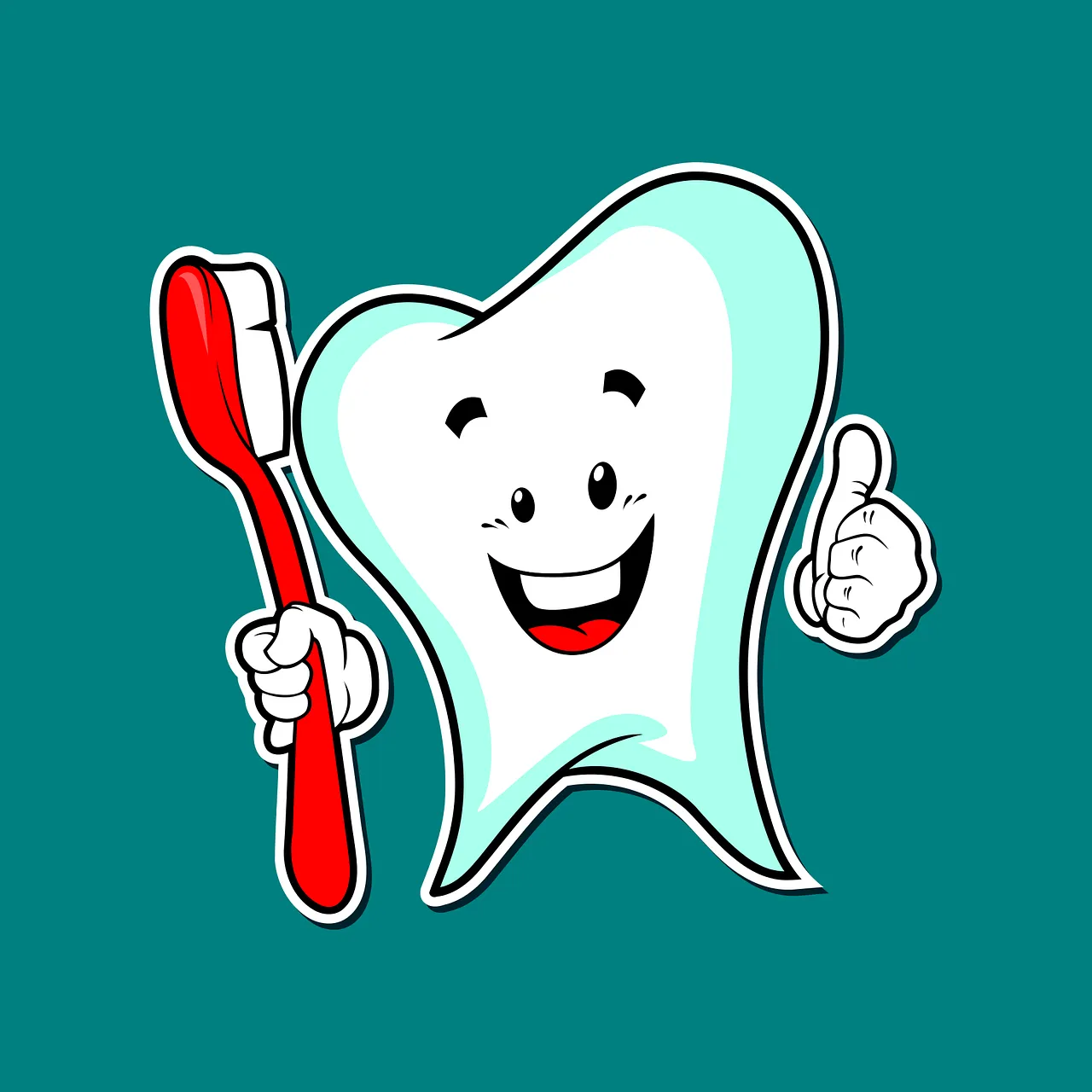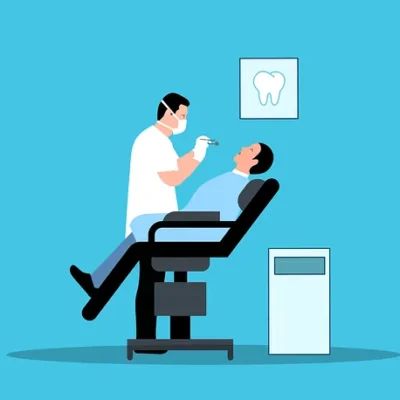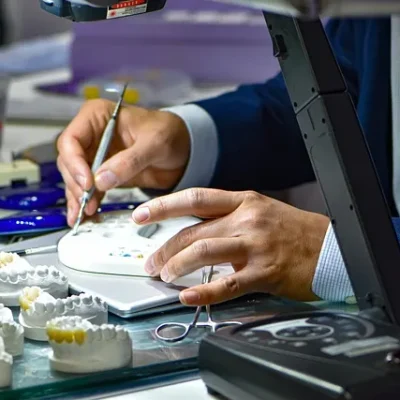
The good news is this stage is completely reversible and you can usually correct it at home! Bacteria and plaque build up gradually over time along your gingival sulcus. Toxins released from this bacteria may cause deeper periodontal pockets due to damage of the PDL fibers that support the teeth and gums. If you have gum disease, early detection and treatment can help you better manage your oral health. Some periodontists also offer pocket reduction with LANAP. This procedure treats periodontitis using a handheld laser.
If mouthwashes aren’t helping, you may find it beneficial to apply a topical cream or gel onto your gums. Arimedadi oil has been shown to inhibit the growth of plaque and improve symptoms of gingivitis. After assessing your dental hygiene, you can try using a traditional salt water rinse. Maintaining good oral hygiene is crucial to avoiding gingivitis and other dental problems. Home remedies are a cheap and effective way to treat gingivitis.
Experts consider severe dental pain and wisdom tooth pain urgent dental conditions. The treatment for periodontitis is extensive, comprising further gum analysis, deep cleaning, and the adoption of enhanced oral health habits. Observing good oral hygiene is the best way to prevent gum recession. Brush and floss daily and get a dental checkup biannually. People have been using salt water to cure gum disease for more than 2,000 years.
Gum disease, also known as periodontal disease, is a common condition that affects the gums and bone supporting the teeth. If left untreated, gum disease can lead to serious complications such as tooth loss and systemic health issues. While it is always recommended to see a dentist for proper diagnosis and treatment of gum disease, there are some home remedies and lifestyle changes that can help manage the condition.
This is important because saliva helps prevent plaque buildup and gum inflammation. Everybody suffers from chronic stress in his or her own way. People with higher levels of stress have a greater incidence of developing periodontal disease. If you are a current smoker, you have four times the chance of developing periodontal disease in relation to non-smokers. Something else your dentist will see are pus-filled abscesses in and around your gums.
Good oral hygiene can stop bacteria from causing gingivitis, the first stage of gum disease. If you find and treat gingivitis early, you can avoid permanent damage to your teeth and gums. See a dentist regularly for cleanings and checkups, not just when you have a toothache or another dental issue. Bacteria cling to plaque and tartar on your teeth surfaces. If you don’t clean your teeth as well or as often as you should, bacteria travel down beneath your gum line, where your toothbrush and floss can’t reach.
Your dentist or hygienist will give you a dental prophylaxis, or “prophy.” This is what is known as a professional cleaning. It will consist of supragingival (above the gum line) and subgingival (below the gum line) removal of plaque, calculus, and staining. As oral hygiene measures were withdrawn, plaque accumulated and the subjects developed gingivitis in a range of 9-21 days.
Home Remedies for Treating Gum Disease
There are several natural remedies that can help alleviate the symptoms of gum disease and promote gum health:
Ask your physician if any of your medications cause dry mouth, or “xerostomia.” If they do, ask if there are any other alternatives available. It’s important for different healthcare providers to be in contact so we can provide you with the best possible care. Now, I’m not telling you to go vegan, but I am telling you that it’s important to add fruits and vegetables to get your daily dose of vitamin C and calcium. This includes cigarettes, cigars, “dip” or chewing tobacco, and hookah. There are two mechanisms by which association Alzheimer’s and gum disease are explained. The deeper the infection gets into the gums, the greater the destruction of the PDL fibers, and the higher the probing depth.
- Regular brushing and flossing: Proper oral hygiene is essential in preventing and treating gum disease. Brush your teeth at least twice a day and floss daily to remove plaque and bacteria buildup.
- Saltwater rinse: Gargling with warm saltwater can help reduce inflammation and kill bacteria in the mouth.
- Oil pulling: Swishing coconut oil or sesame oil in your mouth for 15-20 minutes can help reduce plaque and improve gum health.
- Tea tree oil: Applying diluted tea tree oil to the gums can help reduce inflammation and fight bacteria.
Lifestyle Changes to Improve Gum Health
In addition to home remedies, making some lifestyle changes can also help prevent and manage gum disease:
- Quit smoking: Smoking is a major risk factor for gum disease. Quitting smoking can significantly improve gum health.
- Healthy diet: Eating a balanced diet rich in fruits, vegetables, and whole grains can boost your immune system and promote gum health.
- Stress management: Chronic stress can weaken the immune system and increase the risk of gum disease. Practicing relaxation techniques such as meditation or yoga can help reduce stress levels.
When to See a Dentist
While home remedies and lifestyle changes can help manage gum disease, it is important to see a dentist for proper diagnosis and treatment. If you experience persistent symptoms such as swollen or bleeding gums, loose teeth, or persistent bad breath, make an appointment with your dentist as soon as possible.




